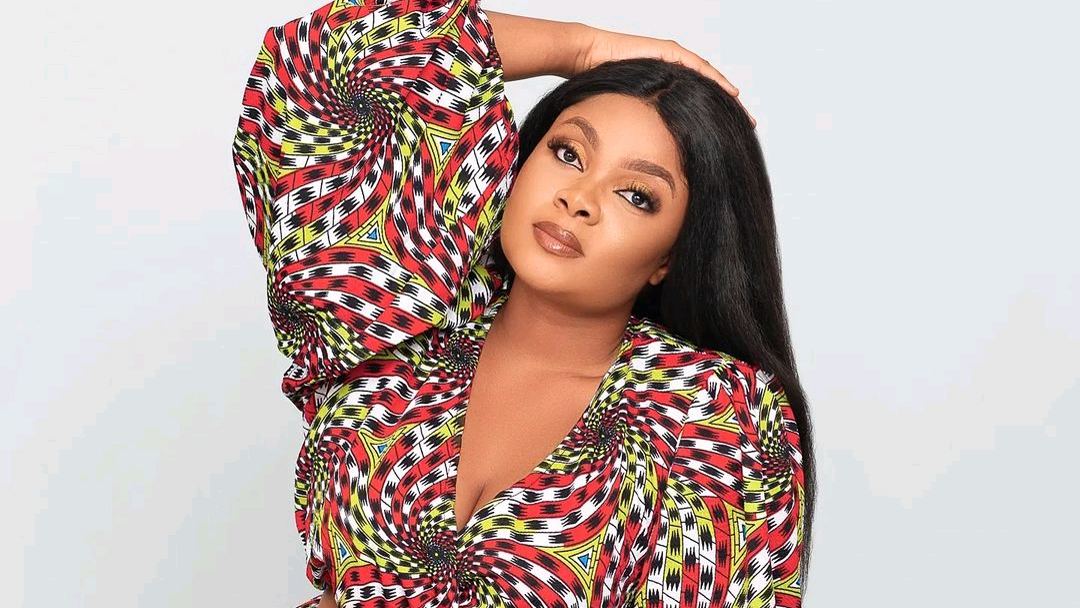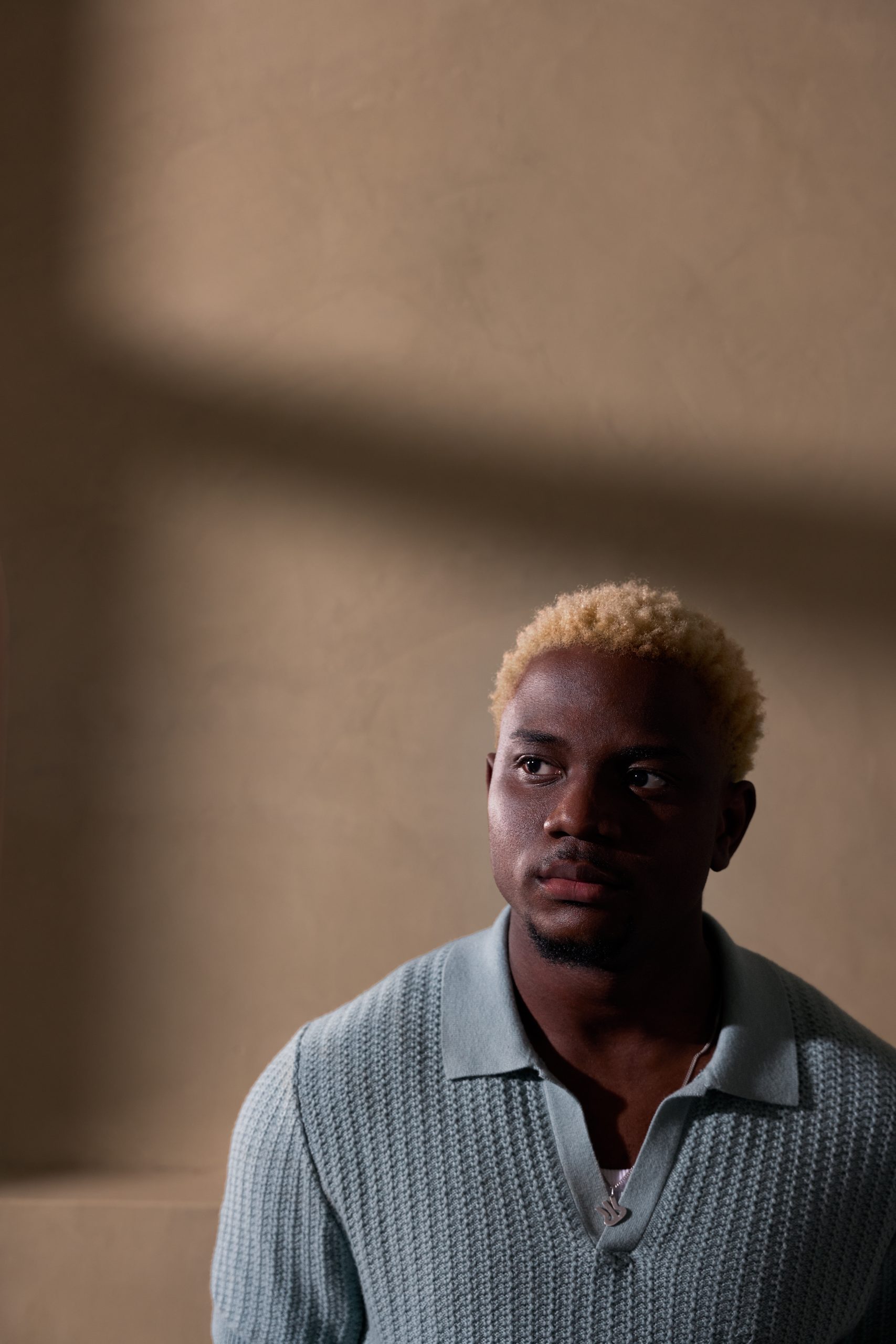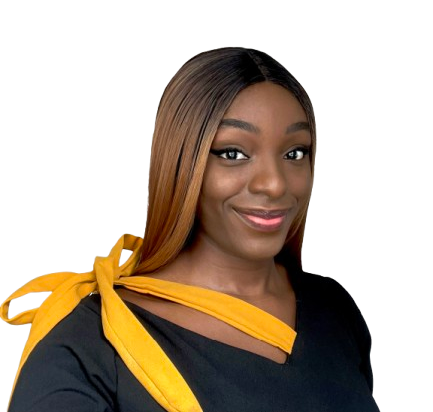After several auditions, the ace producer, Uduak Isong-Oguamanam, discovered Ademoye in 2015 and featured her in a short film, Where Talent Lies, by Eva George. The film earned her an award at the Africa International Film Festival (ARIFF).
Ademoye has also featured in several movies, including the just released Anikulapo. In this interview with IJEOMA THOMAS-ODIA, she speaks on her comic roles and what informs the roles she takes on.
Ademoye attended St. Margaret’s Primary School, Ikorodu, Lagos and proceeded to Mayflower Secondary School, Ikenne, Ogun State, where she obtained her West Africa School Leaving Certificate (WAEC). She thereafter obtained a degree in Business Administration from Covenant University, Ota, Ogun State. Her passion for acting was discovered at the early age of seven years.
We are beginning to see you as a comedian through the roles you interpret. How are you able to discover that part of you?
IT’S crazy that people see it as comedy. What you guys don’t know is that I am just imitating the people I grew up around. Every single character you see me portray is somebody that I grew up with. For instance, my newest show called Iya Abarakat therapy session which goes on Youtube is just a combination of home analytics. My brother used to have a lisp where he uses ‘F’ in his speech instead of the ‘S’ sound, so I put that in. Then my aunty with the way she looks, or my hairdresser the way she appears. I grew up in Ebute-Metta, so I had different people, different mannerisms, different pronunciations – you see someone say, ‘have you gone to fix your eyelashes (instead of eyelashes). People see it as comedy, but I am just doing what I saw while growing up as a child. And I am glad it is putting a smile on people’s faces.
How are you able to hone this comedy skill?
I think that’s where coming in as an actor works for me because growing up, I imitated people a lot. Even my aunty would tell me she is sure I would end up as an actor because of the way I imitate people. And when I do it, people can tell which character. While I’m doing it, people would say she is playing this character, but they don’t know I am imitating people I lived with growing up.
The movie Breaded Life seems to have brought out that comic part of you more. How were you able to pull that through?
For Breaded Life, to be honest, I took classes. I had a tutor, but then, it was easy to learn because, again, going to buy fish in the Oyinbo market, I observed that the Egun people used to speak like that. Also, I had a woman, Iya Bernard, who sells Ewa-Agoyin (Beans), and she used to have a bread seller beside her who was Egun as well. So, putting all those characters in my head and actually taking classes to learn how to speak was what brought Breaded Life to life.
Tell us about your role in Anikulapo and what challenges you encountered?
I played the character Rolake, somebody that people would see either as a gas lighter or a victim, so you get to pick the one you want. I feel the most challenging thing was the fact that I am scared of height and I was made to climb a mountain with no aid. I don’t know how to swim, I walked in the middle of the river with no protection, nothing, but guess what, I will do it over again.
What next should we be expecting from you?
You’re looking out for Gangs of Lagos, I’m an executive producer on the project. I can’t wait for you to see it. It was produced by myself, Jade Oshuberu, Adesuwa Etomi, Banky Wellington, Mr. Macaroni and a host of other celebrities.
What challenges have you encountered in the industry?
I don’t really think I faced so many challenges apart from the one I experience when I’m given a role, which is in the form of feeling like I don’t think I can do it.
What determines the script that you choose?
The story. It has to be a very strong story that makes a lot of sense. I don’t care if it’s a big or small budget movie, if the story is good, be sure that you’re having me in.
Are we looking at you doing comedy anytime soon?
Absolutely not! I’m not a comedian; I’m just somebody who is funny.
What does style mean to you?
My style is comfortable and when I have to go out, I just become a model for my stylist and let him put clothes on me.
On a regular day, what are you comfortable wearing?
You don’t want to see me on a regular day. I could just wear my daddy’s T-shirt with some shorts, and bathroom slippers and that’s just the truth.
What is your favourite local dish?
Ila Alasepo (Okro soup) with Eba.
What has fame taken away from you?
I was going to say nothing, but then, I can’t go to Balogun market again. The last time I went, they mobbed me, in a good way.
What is your advice to young people who look up to you?
I will say, be yourself. I won’t say anyone should do it the way I did, because what works for me may not work for you, so just be yourself. If you’re on a journey and on the right path, be sure you get to where you’re supposed to be.






